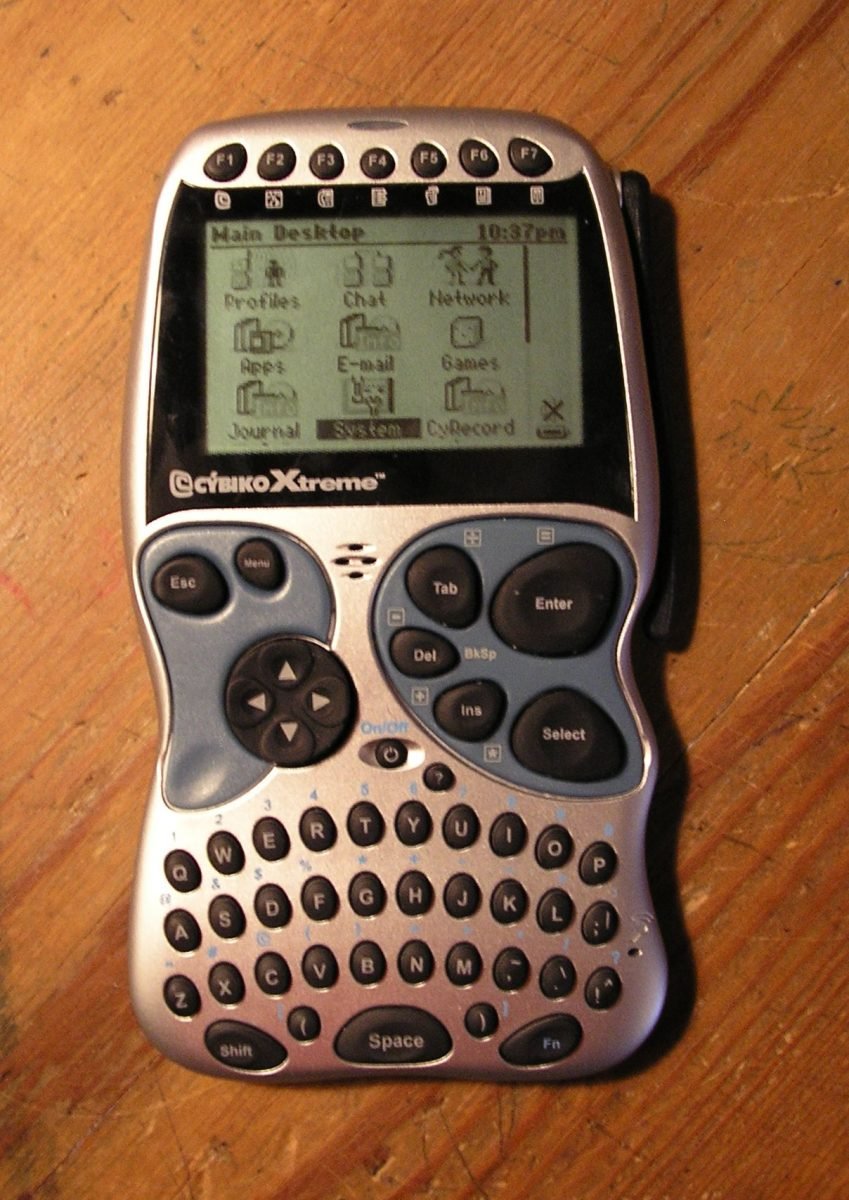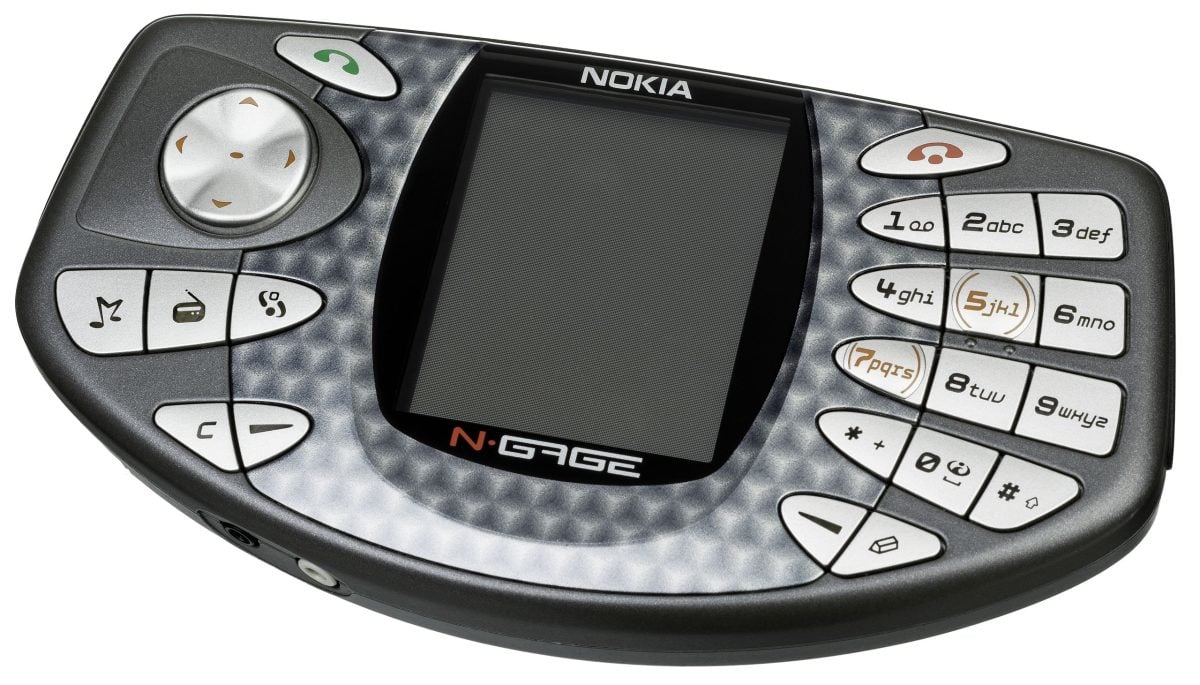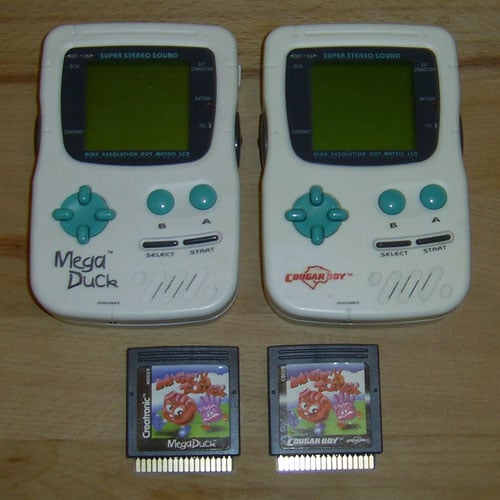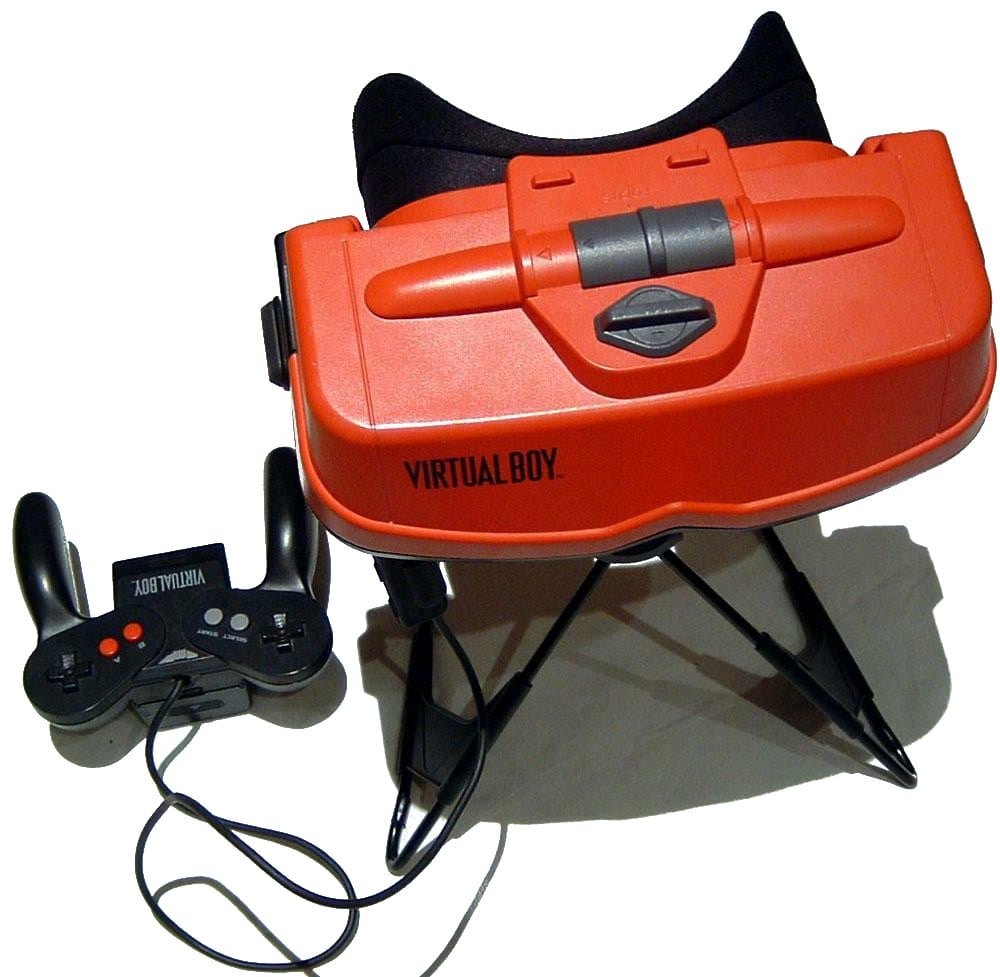I was a kid when the original Game Boy came out, and if you had one, you were in the cool crowd at my elementary school. That said, there was no shortage of forgotten handheld consoles seeking to get a slice of that market share from Nintendo. Now, I’ve owned a few of the also-rans, your Neo-Geo Pockets, Game Gears, and PSPs among others. However, the consoles we’re looking at today barely made it out of the gate.
Watara Supervision
Our first forgotten handheld console came about some time after the initial launch of the Nintendo Game Boy. Technologically, the Watara Supervision is similar in concept to the Game Boy. You’ve got a monochrome screen, two buttons, and a somewhat bulky form factor.
However, as we see time and time again with video game consoles, they live and die by software support. There is a reason you don’t see the Supervision held in the same regard as the Game Boy when looking at vintage handheld consoles. What software support it has was sorely lacking, leading to the product being dead on arrival.
Virtual Boy
The Virtual Boy might be stretching it when talking about forgotten handheld consoles. I do remember demoing one of these at KB Toys back in 1995. On paper, this should have been a knockout success. The console’s design was spearheaded by Gunpei Yokoi, the original designer behind Nintendo’s D-pad, the Game Boy, and the venerable Metroid series.
However, in practice, it was a blurry red mess. Software support was lacking, but it did have games. You saw these on clearance racks in less than a year’s time and for good reason. Nintendo had sound ideas, but the tech simply wasn’t there for a portable VR device almost 30 years ago.
Cybiko

This oddball device resembles a portable radio rather than a forgotten handheld gaming console. The Cybiko is an interesting device and one I do have experience with. I, in my infinite 12-year-old wisdom, saved my hard-earned dollars to buy one of these. On the surface, it represents some interesting functionality.
Games sprung up behind the community, but that wasn’t enough to spare the Cybiko from an untimely fate. Marketing was everywhere for the year or so it was on the market. Looking back, I probably should have just saved up for a laptop if I was looking for a portable computer and gaming device.
N-Gage

Given how big phone games are these days, you can almost forgive Nokia for looking forward. However, they were way too early to capitalize on it. The N-Gage offered 3D gaming with phone functionality, which is certainly a departure when you consider the rest of these forgotten handheld gaming consoles. Software support was there for a little while, with big titles like Resident Evil, Call of Duty, and Tomb Raider making it to the console.
However, the N-Gage had a few distinct disadvantages working against it. The asking price of $299 was steep for a gaming handheld, especially when compared to the contemporary Game Boy Advance. Further, it simply lacked software support after a few years. Controls left something to be desired as well, you don’t want call and disconnect buttons next to your main interface for an action game.
Gizmondo
I remember reading about the Gizmondo in gaming magazines way back in high school. I had a PSP on order, so it didn’t concern me too much. The Gizmondo is one of the more infamous examples of a forgotten handheld gaming console. It launched in Europe in 2005, and promptly fell flat on its face.
Plans for an international release were quickly shuttered afterward, thanks in part to the paltry 25,000 units the company sold. The Nintendo DS and Sony Playstation Portable launching with astounding software support probably didn’t help matters.
Mega Duck

If you weren’t alive in the late 1980s or 1990s, it cannot be understated how much of a monster the Game Boy was. If you were into portable gaming, you had a Game Boy. The Mega Duck was another cheap cash-in, with a similar form factor and technology driving it. Much like the Watara Supervision, it fell flat on its face upon its introduction.
Software support simply wasn’t there. What few games were released on the console ended up heading to the Game Boy anyway. The few reviews I’ve found online don’t speak highly of them. Still, you gotta love the name of this one. It conjures up some sort of waterfowl superhero, not a gaming console.
Wonderswan
Bandai’s Wonderswan never made it out of Japan, but I did see import consoles floating around in South Carolina in the early 2000s. On paper, it seems like a wonderful little device, if you speak Japanese at least. It did have an appreciable amount of software support behind it for the first couple of years it was on the market.
However, by 2001, the Game Boy Advance was out and the Wonderswan floundered on the market. It hung on for a few more years but died a quiet death shortly after. Curiously, it shared a common designer with the original Game Boy, Nintendo visionary Gunpei Yokoi was responsible for the control layout on this one.
Give Them a Hand
Handheld gaming is more alive than ever thanks to the likes of the Steam Deck and Nintendo Switch among others. However, it is a rather tenuous field to find success in. Nintendo has a chokehold on the market, a position it has maintained for the last 35 years. As such, it comes as no surprise that the consoles covered today crashed and burned.
The image featured at the top of this post is ©METROID / Public Domain.

